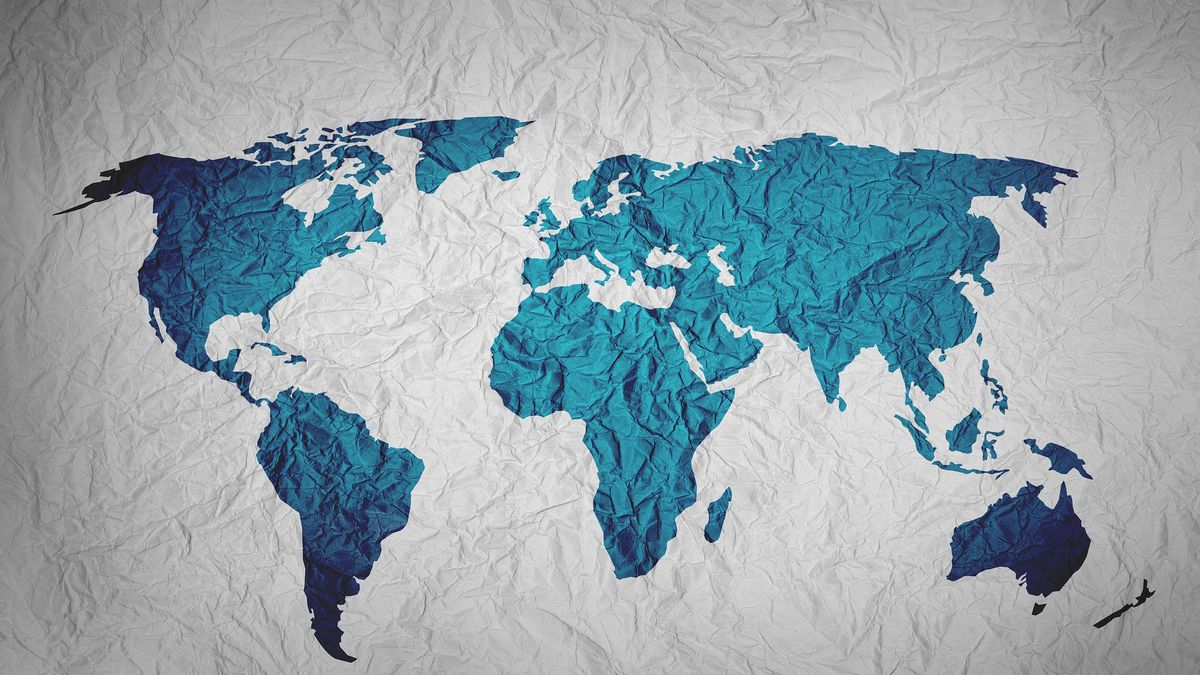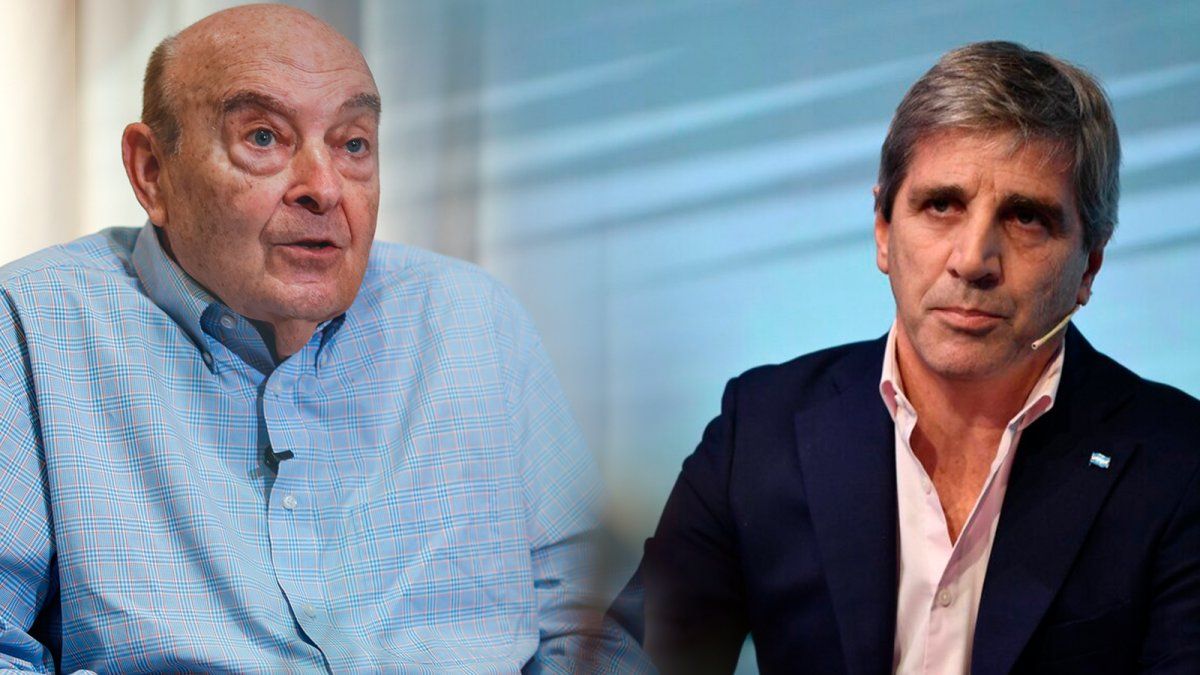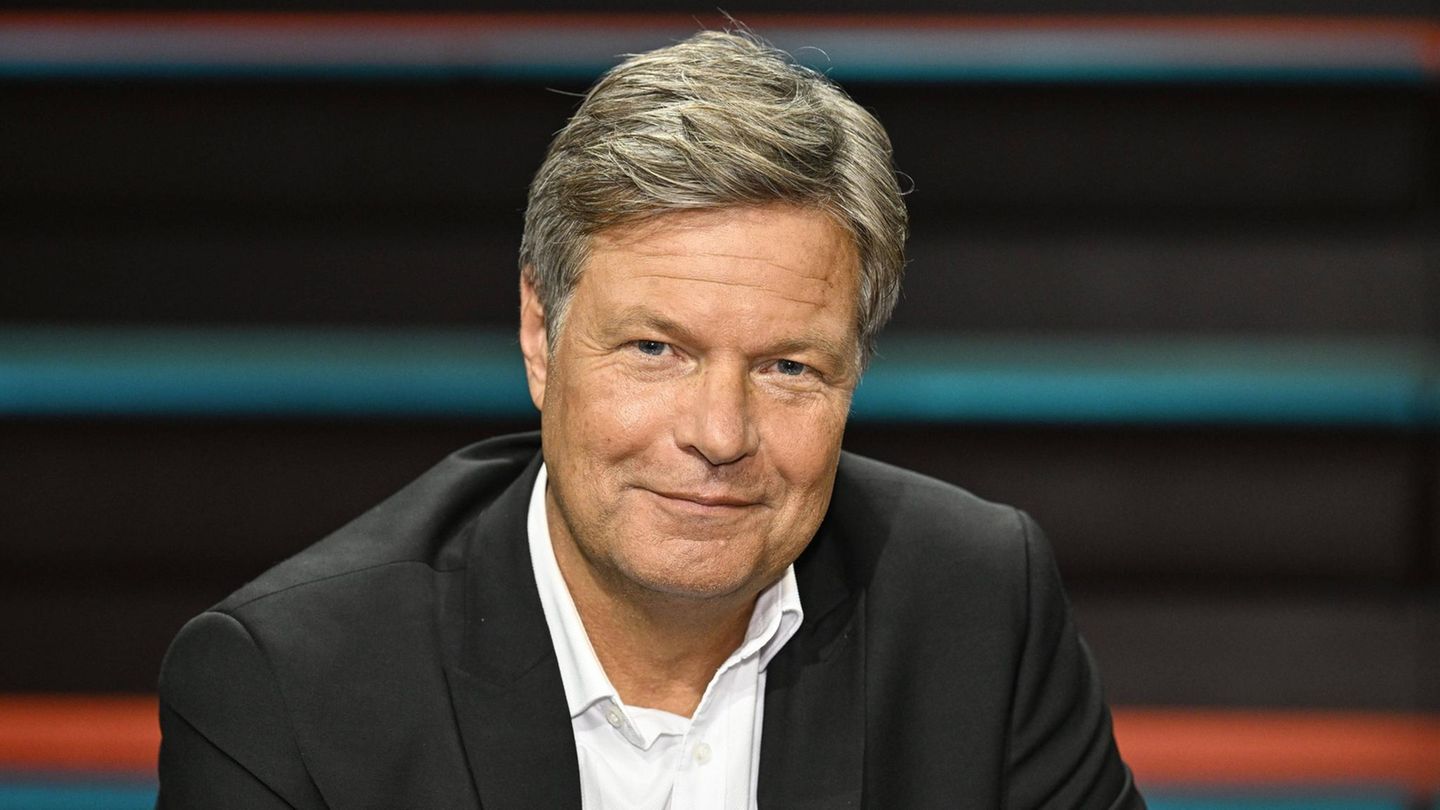On the other hand, the withdrawal of the Russian troops that occupied the Kherson area once again changed the dynamics of the war in Ukraine, just as winter is looming and military operations will be affected by low temperatures. Without triumphalism, kyiv snatched from Moscow what had been the main trophy of the invasion that began at the end of February.
Beyond those one-offs, it’s worth taking a step back and examining what’s going on in the world through a broader lens. That is precisely what Marko Papic, partner and chief strategist of the Clocktower Group based in the US city of Santa Monica in California, does. Born in Serbia and a political scientist by profession, his geopolitical analysis is used by blue chip investors when making decisions.
Recently invited by the Latin American Reserve Fund to an event that took place in Cartagena, the title of the specialist’s presentation is “And what happens if the world is not ending?”. Contrary to what is usual to hear, the analysis says that certain risks that seem obvious are not, while there are other hidden ones that must be paid attention to, as they also bring opportunities for countries like Colombia.
This message is based on key evaluations. The first is that the planet is multipolar and therefore it is a mistake to divide it into two segments, one close to Washington and the other to Beijing. The presence of several centers of power means that the powers have much less influence than before, while the number of conflicts increases.
This circumstance influences the progress of globalization and the development of value chains. In practice, the behavior of an industry that produces goods brought from different latitudes is different now, since inventory management went from “just in time” to “just in case.”
Additionally, the market for primary goods such as oil or wheat begins to be affected by regional circumstances. This explains why there may be a shortage of certain basic products on one continent and an abundance on another, as has happened with coal, to highlight a recent case.
No less important is the assertion that making analogies about what is happening now with the Cold War era is something “that denotes laziness.” For starters, China is not seen as a threat equivalent to the one posed by the Soviet Union, as shown by the reaction of dozens of nations to ignoring calls by the United States to ban equipment from the telecommunications giant Huawei.
Additionally, Papic maintains that the Chinese leaders know that they cannot antagonize a good part of the international community because they need clients for their exports. Endowed with few natural resources and with a population whose average age is rising steadily, the most populous country in the world knows that external markets are the main source of prosperity.
Definitely Xi Jinping It comes from consolidating its power and the rhetoric towards Taiwan is frankly hostile, but the repercussions of an eventual attack on the island would bring enormous disruption on the domestic front if they cause trade sanctions. To this is added that the alliance with Russia has major limitations, beginning with the infrastructure between the two nations, which is scarce.
A demonstration of how this supposed axis has limits is that Beijing has not sold military equipment to Vladimir Putin, who had to search for Iranian drones or supplies in North Korea to continue the offensive. Instead of unconditional support, the Kremlin has received polite admonitions from its neighbor.
And about the war in Ukraine, the Serbian political scientist believes that a phase of prolonged hostilities is coming, without necessarily signing a peace treaty. Suffice it to remember that nothing was ever signed between the two Koreas and in this case the same thing could happen, with a kind of unstable balance and two armies entrenched throughout a very extensive geography between which there will be occasional skirmishes.
But beyond that outcome there are two important messages. One is that public optimism in Russia plummeted, as the promise of quick victory was replaced by the reality of huge losses on the front lines.
Along with the above, the markets have calmed down. The alleged debacle over the lack of gas in Europe never happened, as reflected in falling fuel prices. In general, the prices of basic products have fallen sharply in recent months and the prediction that a de-industrialization is coming in the Old Continent is simply not true.
Quite the contrary, Papic points out. After a few months, the supply of natural gas will increase exponentially, thanks to significant expansions in liquefaction capacity in Canada, the United States, Qatar, Australia, Indonesia, Mozambique and Nigeria.
If none of the mentioned threats is well supported, what is there to worry about? In this regard, the political scientist begins with the behavior of voters, who look for easy solutions and are more prone now than before to listen to the siren songs of populism.
Also the policies regarding climate change disturb the expert. Without ignoring that clean energy must be developed, the problem is the gap between supply and demand. For example, investment in new oil fields is timid but the consumption of fossil fuels remains strong and this will create tensions that will be reflected in higher costs.
In geopolitical matters, other risks appear. To begin with the relative weakening of the United States, which appears as a less imposing power and which now resorts to specific aggressive actions to maintain its power.
While many worry about Russian oil supplies, Papic says the possibility of a civil war in Iraq involving Iran and Saudi Arabia is much more serious. Two armed groups vying for power could stop operations at the port of Basra, which pumps 3.5 million barrels of crude a day.
A final ominous scenario is a kind of balkanization in Russia, increasing the likelihood that Vladimir Putin will be removed from office and creating a vacuum in which multiple ethnic and religious tensions would surface. Given that nation’s weight as a provider of basic products, along with its nuclear arsenal, such instability would be inconvenient.
Even without reaching a catastrophic scenario, Papic believes that the conditions are ripe for frequent bottlenecks appear in the supply of food, minerals or hydrocarbons. If it happens like this, the fight against inflation will be permanentknowing that the tool of raising interest rates to contain prices will work poorly to contain supply shortages.
Based on this forecast, this decade will not be marked by who dominates the semiconductor market, especially in a world in which tens of millions of dollars are being invested in chip factories. On the contrary, the priority will be the supply of basic products and especially those inputs such as copper or lithium, essential for the energy transition.
In this scenario, Latin America in general, and Colombia in particular, can benefit. After all, the region has immense deposits, as well as abundant land and water to meet the demand for food. The question is whether the countries in the area will make the right decisions to take advantage of the conditions that are announced, but that answer – concludes the Serbian political scientist – is still not clear.
Senior Economic Analyst at El Tiempo
Source: Ambito
David William is a talented author who has made a name for himself in the world of writing. He is a professional author who writes on a wide range of topics, from general interest to opinion news. David is currently working as a writer at 24 hours worlds where he brings his unique perspective and in-depth research to his articles, making them both informative and engaging.




